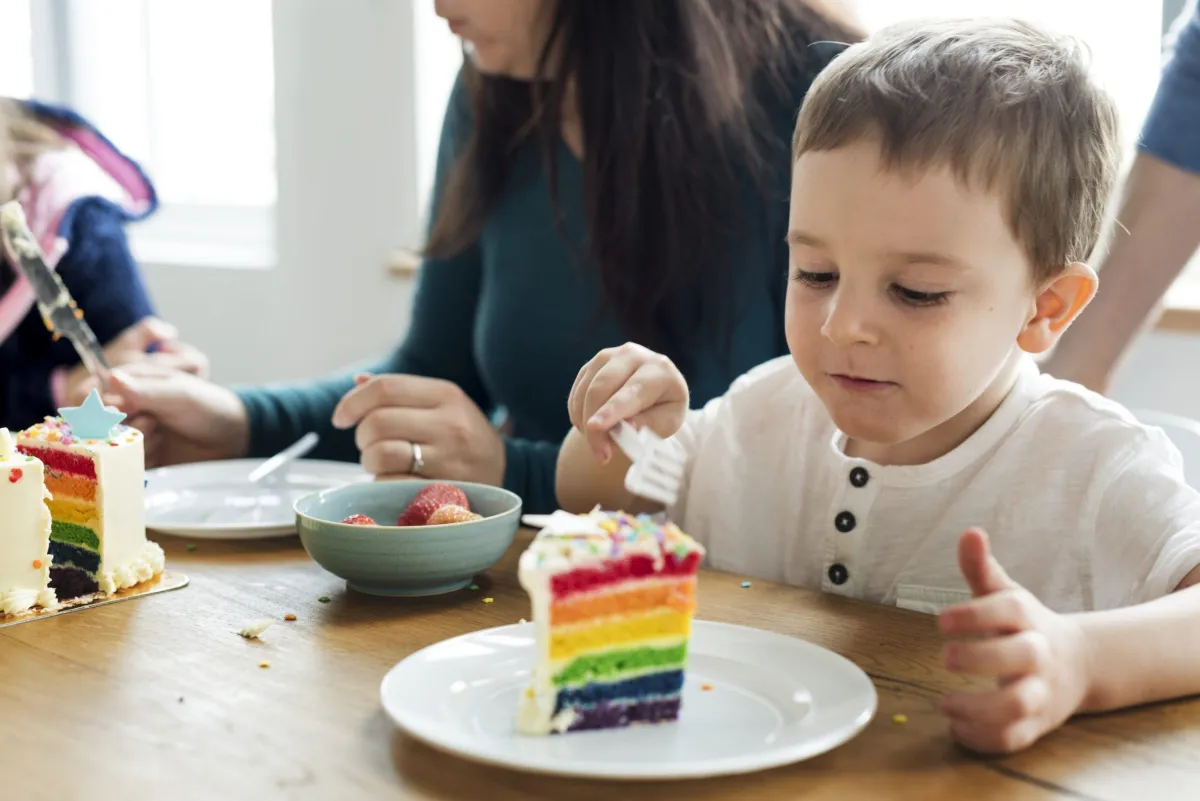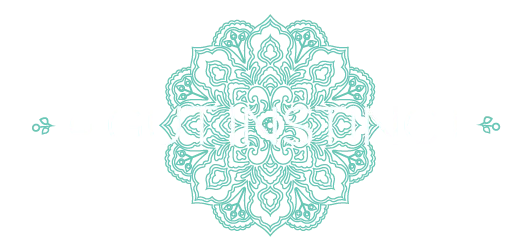Blog

The #1 Meltdown-Causing Ingredient Hiding In MOST Food
The #1 Meltdown-Causing Ingredient Hiding In MOST Food
We think of behaviour problems as emotional issues. Our kids feel overwhelmed or dissatisfied with something, so they throw a tantrum. And as parents, we’re left feeling like we have no control over when or why they happen.
But what if I told you that meltdowns, tantrums, and flare-ups can also be caused by certain ingredients? Ingredients that we’ve been raised with our whole lives and never taught to be wary of!
This was a revolutionary discovery for me as a parent of 2 children with PANDAS, ASD, Dyspraxia, and more. It literally changed everything.
Because if it’s food-based, then I can control it. I’m the one who does the grocery shopping and makes our meals. I get to decide if our food is helping or hurting my kids.
But I won’t lie. This one ingredient is so pervasive, it’s a real challenge to eliminate. The good news is, you don’t need to completely eliminate it, just reduce it.
The most common word for it is sugar.
Of course, if it was called sugar on the labels of the food we buy at the store, most people would stop buying those foods!
Instead, there are 61 different names for sugar used on food labels.
Can you believe that?
61 different names for sugar!
I was horrified when I learned that.
But it was liberating too. Because now I could learn those names and keep them out of my kitchen. As soon as I did, I noticed a huge change in my children’s symptoms.
Less sugar led to less anger, less stress, less anxiety, less irritability, less overwhelm, and less meltdowns.
I bet I can come up with 61 different names for symptoms we reduced when we started limiting sugar intake!
Information is power, so I’m going to share all 61 names for sugar with you right here.
Why is it so important that my kids don’t eat sugar?
Apart from the obvious weight gain, sugar and products that contain sugar can have a dramatic effect on behaviour. We’ve all seen kids on a “sugar high” and of course, once they come down from that high, we have the inevitable meltdown.
But kids with encephalitic or inflammatory conditions or other learning difficulties (like PANS/PANDAS, Autism, Dyspraxia, and more) are so much more sensitive to that the high and coming down is increased ten-fold. And that’s distressing, for them and for us.
You think you have it rough, dealing with those tantrums and not knowing where they’re coming from? Imagine being your sweet child and exploding like that and not even know why!
That’s what we were dealing with.
Not all sugars are created equal. Natural sugars from fruit are much easier for children’s bodies to metabolize than the sugar found in sweets and candies. And you also have to take into account that the sugar from sweets is addictive. Once your child has some, they’re only going to want more.
There’s also some evidence that suggests children who eat a lot of sugar regularly find it more difficult to focus on their schoolwork and other tasks.
These are things that my children struggle with on a good day, due to their learning difficulties. The absolute last thing that we want to do as parents is make that even worse for them.
How much sugar is too much sugar?
According to sugarscience.ucsf.edu, 74% of packaged food that you find in your supermarket has added sugar. And many of those packaged foods are labeled “healthy.” The most recent recommendations are that children under the age of two shouldn’t have any sugar at all and that older children should have a maximum of 6 teaspoons per day.
In our house, the recommended sugar intake for the kids and us, is 0. We try our very hardest to live as cleanly as possible and the side effects from sugar are simply not worth it for us. And after time, we got to the point where we no longer even want sugar.
The 61 names for sugar that are commonly used on food labels
I would love to be able to tell you that this is the ultimate list, but unfortunately I can’t guarantee that there aren’t any other names out there as well. This is the list that Sugar Science came up with so if you know of any others, please drop them in the comments!
Agave nectar
Barbados sugar
Barley malt syrup
Beet sugar
Brown sugar
Buttered syrup
Cane juice crystals
Cane juice/sugar
Caramel
Carob syrup
Coconut sugar
Coconut palm sugar
Corn syrup/sweetener
Corn syrup solids
Confectioner’s sugar
Carob syrup
Castor sugar
Date sugar
Dehydrated cane juice
Demerara sugar
Dextran
Dextrose
Evaporated cane juice
Free flowing brown sugars
Fructose
Fruit juice
Fruit juice concentrate
Galactose
Glucose
Glucose solids
Golden sugar
Golden syrup
Grape sugar
High-fructose corn syrup
Honey
Icing sugar
Invert sugar
Lactose
Maltodextrin
Maltol
Maltose
Malt syrup
Mannose
Maple syrup
Molasses
Muscovado sugar
Palm sugar
Panocha
Powdered sugar
Raw sugar
Refiner’s syrup
Rice syrup
Sorbitol
Sorghum syrup
Sucrose
Sugar (granulated)
Sweet sorghum
Syrup
Treacle
Turbinado sugar
Yellow sugar
TIP: You can print out this list and hang it on the fridge or take it with you to the store for easy reference. Just bookmark this blog post or hit Ctrl-P (PC) or Command-P (Mac) to print it.
How do you reduce your sugar intake?
Now, your first instinct after reading this may be to cut out sugar altogether. And while that’s the ultimate goal, it’s actually healthier to cut it from your life slowly.
Instead, start with replacing deserts, cakes, biscuits, etc with fruit. Fresh preferably, but if you do decide to buy cans of fruit, check the label for any of the things mentioned in the list.
Replacing cereals with eggs and/or vegetables is a good idea and drinking water instead of sodas is also preferable. Orange juice is often loaded with added sugar so you probably want to find a sugar-free substitute for that too.
Make sure you take a good look over all labels too. There’s a lot of food out there that you wouldn’t expect to contain sugar, but it does. Surprises are commonly found in sauces, pasta sauce, and salad dressings.
Some final thoughts about reducing your sugar consumption
The number one tip we have for reducing your sugar intake? Read the label.
Once you become conscious of just how much sugar is in common everyday foods, at first you may find it a little restricting. However, in a few weeks you’ll find the advantages far outweigh any limitations.
We all like to snack occasionally and there’s no reason to stop if you’re giving up sugar. Instead nibble on avocados, nuts, seeds, and low- or no-sugar yoghurt. Remember that there are usually healthier options available for most foods.
Ready for some low-sugar recipes to help you make the switch?
I created a Pinterest board to share my favourites, feel free to browse through it anytime and follow for future reference: Jo’s Low-Sugar Recipes Board on Pinterest.
References:
https://kabritausa.com/blogs/nourish-blog/how-sugar-affects-children
https://www.organicauthority.com/energetic-health/50-other-names-for-sugar
https://sugarscience.ucsf.edu/hidden-in-plain-sight/#.XlR4N2gzbIU

GET YOUR FREE
BEDTIME BLISS EBOOK:
© A GUT INSTINCT | ALL RIGHTS RESERVED | TERMS & CONDITIONS | PRIVACY POLICY

